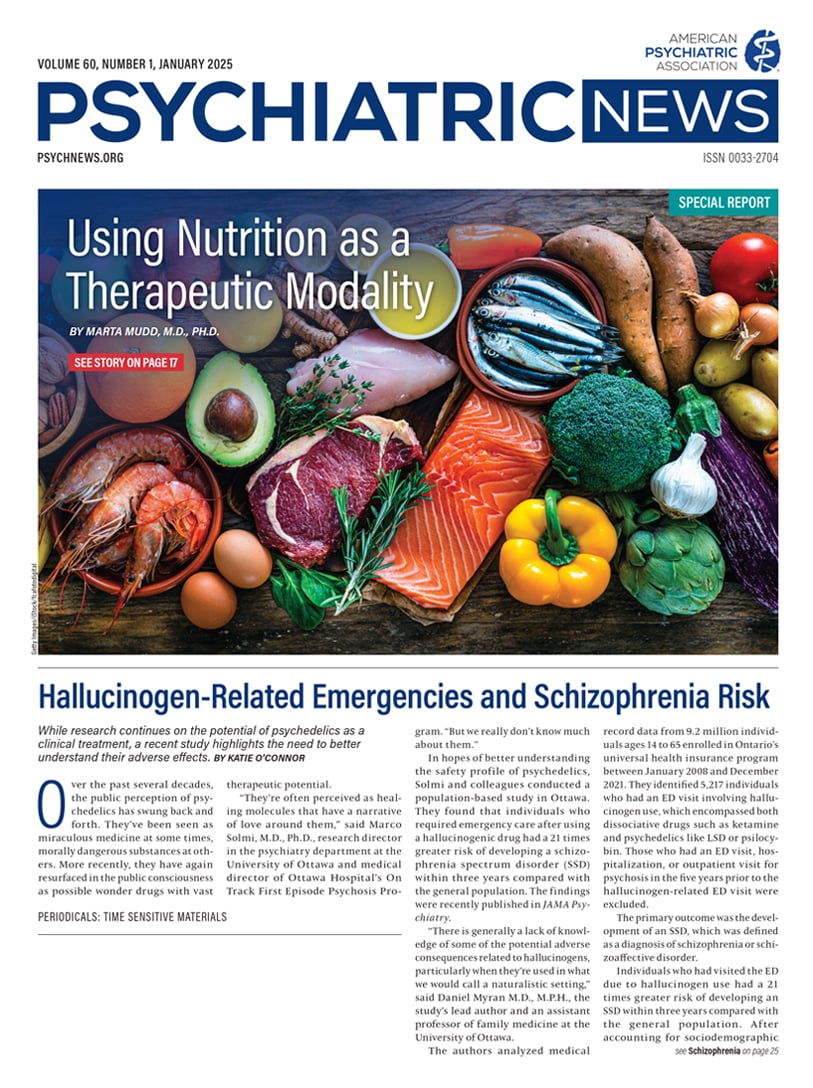After every presidential election, there’s always a level of uncertainty about what the new administration and Congress will prioritize or how they will act on their campaign promises. Even though we know who will be the chief executive, there is still some question about what potential cabinet members will be confirmed, and if they are, how their personal beliefs may manifest themselves in policy decisions undertaken by the new administration.
The uncertainty generated by these questions can be an understandable source of consternation and stress, particularly when certain campaign promises or other dialogue that may run counter to established science makes its way into the discourse. Regardless of what political party is in power, and what ideas they hold and speak about publicly, APA has always worked with those in power to educate them on our issues to ensure that their ultimate decisions are grounded in facts and made in the interest of public health.
APA leadership and staff are having active discussions regarding the changes we might anticipate within the new administration and Congress. Our plan is to maintain a strategic approach to ensure that our ability to work constructively with the incoming administration and Congress is not inhibited in any way.
In addition, we have been in regular communication with our partner organizations within the House of Medicine as well as the many other mental health coalitions on best ways to align our advocacy efforts moving forward. We have found that engaging through these channels in addition to our private advocacy efforts has proved most effective in reaching psychiatry’s federal advocacy goals.
APA is committed to remaining an active and vocal presence on Capitol Hill and with federal agencies as we fulfill our role as the voice of American psychiatry on the national stage. Our Board of Trustees and staff will continue to stand in support of evidence-based treatments and policies, and speak out if and when we feel that a given policy decision is squarely related to mental health and runs counter to the public health interests of the American people.
Our advocacy mission is more important now than ever, and our patients and profession will be best served if our members are active, outspoken, and engaged with APA as well as with elected officials in their home communities on the issues they are passionate about. APA members hold and represent a wide range of views, and we are stronger when we are a safe enough place to respectfully disagree. APA leadership and staff stand ready to help any member who is looking to become involved with APA advocacy or simply looking for help in how to discuss issues related to our mission, vision, and values with members of their community. ■

